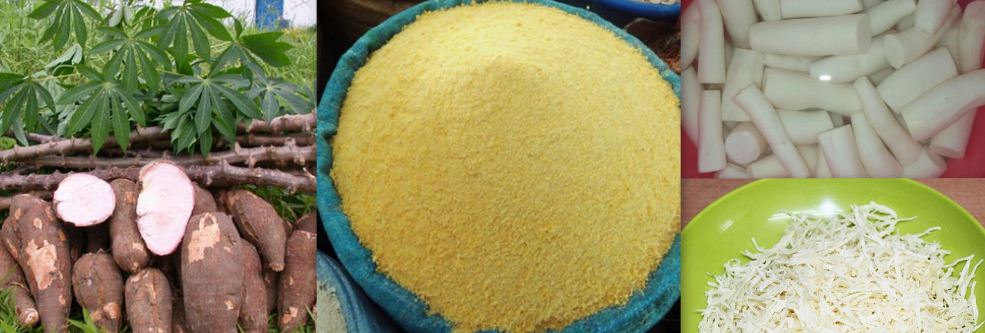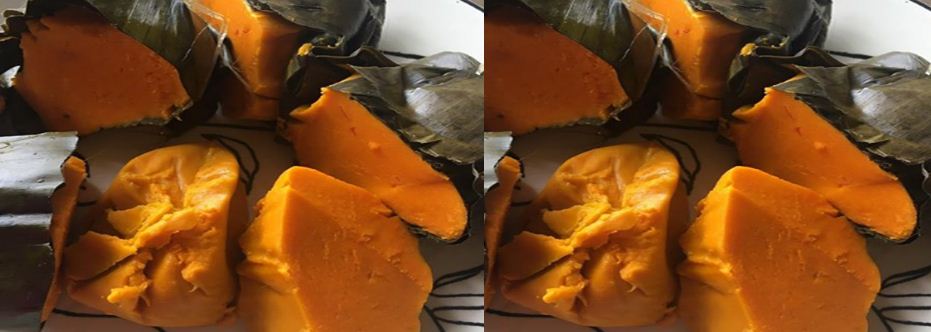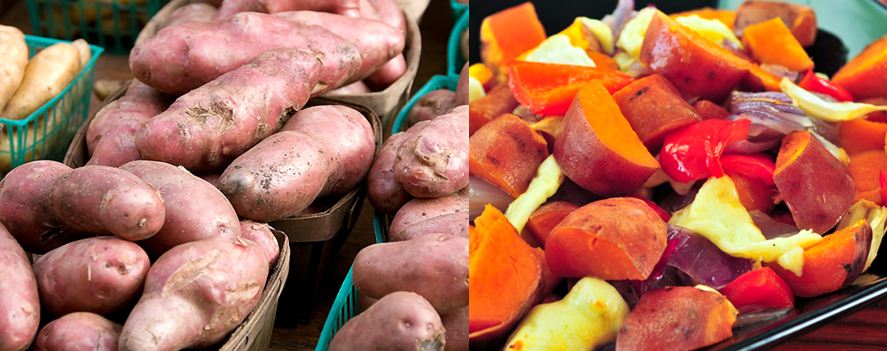About Cowpea and Nutritional Benefits

When it comes to nutrition - Cowpea is one of the food crops that has a lot to offer especially in terms of incredible health benefits!.
Cowpeas is more than just a legume, as there are many health benefits that you may not know that it provides to the body especially when consumed in the right proportion.
Generally, leguminous food crops have great nutritional values which are of great benefits to the body and on health as well, beans or cowpea are rich in protein, potassium, vitamins, iron, has low fat and high fiber content as well.
The health benefit of beans cannot be overemphasized, not only is it affordable, but it is also one of the superfoods which can be found anywhere in the world especially where it is grown.
Below are the Health Benefits of Cowpeas (Beans):
1. Contains High Amount of Protein
When protein foods are being mentioned or talked about anywhere, beans/cowpeas are one of the food crops that comes in mind, and not only is it one of the populous protein foods, it has a high percentage of protein which provides bodybuilding functions to the body.
2. Contains High Fibre Content
The fiber content in beans is high too and this makes it effective in the area of helping to reduce the glucose in the blood (blood sugar), which in turn helps the body fight against sugar-related health conditions such as diabetes.
The fiber content also aids digestion as it helps to prevent constipation and other digestive health issues like diarrhea, irritable bowel movement.
3. Helps Protect The Heart
Cowpeas contains thiamine which is also known as vitamin B1, one of the vitamin’s function is to help protect the heart against any form of conditions that can lead to heart failure or problems.
As severe deficiency of this vitamin can lead to congestive heart failure or disrupt the normal cardiac function and other well-known vitamin B1 deficiency such as beriberi which is divided into dry beriberi and wet beriberi.
4. Acts as Detoxifier
Cowpeas (Beans), in general, has polyphenols, which are the antioxidants found in most beans and in high proportion too, and when consumed helps the body to fight chemicals that are not needed in the body such as those that can cause cancer, heart disease and its likes.
The antioxidants which are present in cowpeas and other legumes helps in the removal of the chemical substances or toxins in the body, thereby providing the body with a better health condition.
5. Induces Sleep
Just like other proteinous foods, cowpeas contains also tryptophan which helps to induce sleep and can help alleviate other related sleep disorders such as sleep apnea, insomnia and more.
It also helps stabilize mood swings, restless especially in the night, anxiety and more.
6. Helps in Weight Management
It also helps in weight loss, as the fiber (dietary fiber) content in cowpeas or beans can help in reducing appetite and craving for foods thereby eliminating situations of extra food intake or overeating.
It also contains low calories and also has low cholesterol content.
7. Improves the Skin
Cowpeas is one of the bodybuilding foods which provides maximum benefits to the body in general, not only does it help in the normal functioning of the body but it also helps improve the skin.
The vitamins in cowpeas such as vitamins A and B, as well as proteins and antioxidants, present helps to improve the skin as it protects it from aging, wrinkles, etc., and also repair the body tissues.
8. Makes Bone Healthier
Cowpeas also contains numerous vitamins and minerals which are good for the bone such as iron which only does not help in the prevention of anemia but also produces collagen which is one of the major components found in the bone.
- It contains magnesium which plays a vital role in the bone structure, this mineral works together with calcium as it helps in the absorption of calcium thereby processing it to provide the bones with the firmness and strength that it needs. it also helps in keeping the calcium level in the body normal.
- Manganese is also one of the minerals which can be found in cowpeas as it helps in the absorption of the mineral – calcium, and it also helps in better functioning of the nerves and brains.
- Few kinds of beans such as Pinto beans contain a small amount of calcium which is also one of the main essential nutrients that the bone needs.
9. Helps in Cancer Prevention
Cowpea contains flavonoids also called bioflavonoids which are mainly found in legumes, citrus fruits, red wine, apples, etc. The antioxidants are very good for the body as it helps in the fight against cancer, reduce cancer risk and other health conditions such as stroke, heart diseases, and asthma.
It also contains folate which helps in the body’s red blood cell production and in dead cell regeneration.
10. Helps Boost the Immune System
Adding cowpeas to your diet may help in boosting your immune system, for example, some of the antioxidants which can be found in kidney beans help to remove the free radicals in the body, thus making the immune system stronger.
The nutritional values of cowpeas are tabulated below;
|
Nutrition |
Amount |
|
Dietary fiber |
11.1 g |
|
Protein |
13.22g |
|
Carbohydrates |
35.5g |
|
Fat |
0.91g |
|
Vitamin B9 |
356µg |
|
Vitamin B1 |
0.345mg |
|
Vitamin B5 |
0.703mg |
|
Vitamin B6 |
0.171mg |
|
Choline |
55.1mg |
|
Vitamin B2 |
0.094mg |
|
Iron |
4.29mg |
|
Copper |
0.458mg |
|
Phosphorus |
267mg |
|
Manganese |
0.812mg |
|
Magnesium |
91mg |
|
Zinc |
2.21mg |
Cowpea is an edible bean that is predominately cultivated and eaten in Africa and Asia, and in other parts of the world especially countries in the arid areas.
There are also various species of cowpea or beans present globally, and though they may be commonly referred to as beans, they have named specific to them, this includes Black-eyed peas which are popularly referred to as White or Brown beans, Adzuki beans, Sweet beans, Black Beans, Chickpeas, Kidney beans, Mung beans, Pigeon peas, Pinto beans, Bambara beans, etc.
In some countries, beans have their own local names such as Chawli for Blackeye beans in India, Chori for Adzuki beans in India, Ewa for Blackeye beans in Nigeria and also Black Beans (popularly called Akidi), Pigeon peas (fio-fio).
Beans in most countries, especially in Africa is the primary protein food source and can be specially cooked by boiling either as white beans or porridge beans; in Brazil, the black beans are cooked and served with stew and the food delicacy is known as Feijoada.
Cowpea or beans can also be processed into various nutritional grades of products for diverse purposes while maintaining its nutritional value.
Beans can be grounded into flour known as beans flour which is used in the making of moi-moi (beans pudding), Akara (beanballs or cakes) and can be commercially used as a baking flour too.
Side Effects:
Beans or cowpeas are highly nutritional but can as well pose a threat to some health issues if not taken in the right proportions, therefore, it is necessary to make sure that the right quantity and suitable kind of such food are taken.
This is so because of the content of Lectin (protein in beans) and phytic acid in legumes which can cause digestive problems such as constipation, diarrhea, belching, indigestion and much more.
Some kinds of beans can also trigger allergic reactions in some persons, but generally, beans are a good food source of protein and other minerals and vitamins which is good for the body.
Conclusion:
The health benefits of cowpea (beans) are incredible and are summarized below:
- Cowpea contains a high amount of protein
- Contains high fibre content
- Helps protect the heart
- Acts as Detoxifier
- Induces sleep and better mood swing
- Helps in weight management
- Helps/Aids in Better Skincare
- Makes bone healthier
- Helps in Cancer Prevention
- Helps Boost the Immune System




